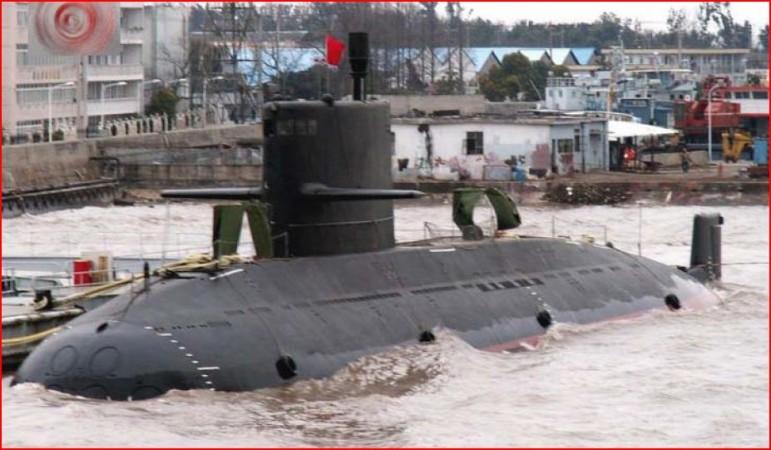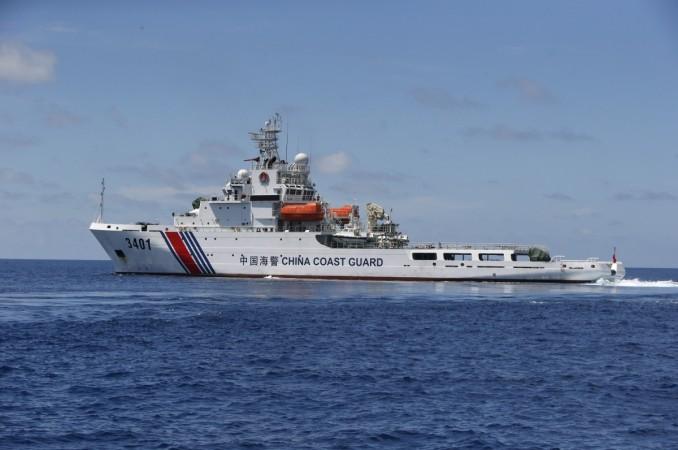
China's submarines will soon be assisted by a new underwater surveillance network in more accurately tracking target vessels in the Indian Ocean and the South China Sea, reports said on Monday.
The surveillance network, which has already been launched, will function by gathering information about the underwater environment, including the water temperature and salinity. The Chinese navy will then use the information to better track targets, and improve navigation and positioning, South China Morning Post reported.
The move is seen as part of China's broader plan to show its military might by claiming the world's busiest sea routes and setting up foreign naval bases. The country's growing interest in the world's sea routes, as well as its mounting assertiveness, has also reportedly worried Washington, Tokyo, Canberra and New Delhi.
"The project, led by the South China Sea Institute of Oceanology under the Chinese Academy of Sciences (CAS), is part of an unprecedented military expansion fuelled by Beijing's desire to challenge the United States in the world's oceans," the Post report said.
The underwater surveillance network is based on a network of platforms, including buoys, surface vessels, satellites and underwater gliders, which collect data from the South China Sea, and the Western Pacific and Indian oceans.
Three intelligence centres located in the Paracel Islands in the South China Sea, the southern province of Guangdong, and a joint facility in South Asia then receive that information for detailed processing and analysis.

Yu Yongqiang, one of the experts supervising the underwater surveillance network, said the system is still not ready to match that of the more developed US counterpart.
According to Yu, Beijing also has to deal with some "unfriendly" states in the South China Sea as it confronts India, which is apparently tightening its grip over the Indian Ocean due to China's growing presence in the region.
"Our system can help tip the balance of power in these regions in China's favour," Yu told the Post.
Beijing claims 90 percent of the disputed South China Sea region, through which trade worth $5 trillion passes every year. China's claims, however, are contested by other countries like Brunei, Malaysia, Taiwan, the Philippines and Vietnam.
When it comes to the Indian Ocean, another major sea trade route, China challenges India. Last year, Beijing established its first foreign military naval base in Djibouti, which is strategically located near some of the world's busiest shipping lanes, controlling access to the Red Sea and Indian Ocean.

















